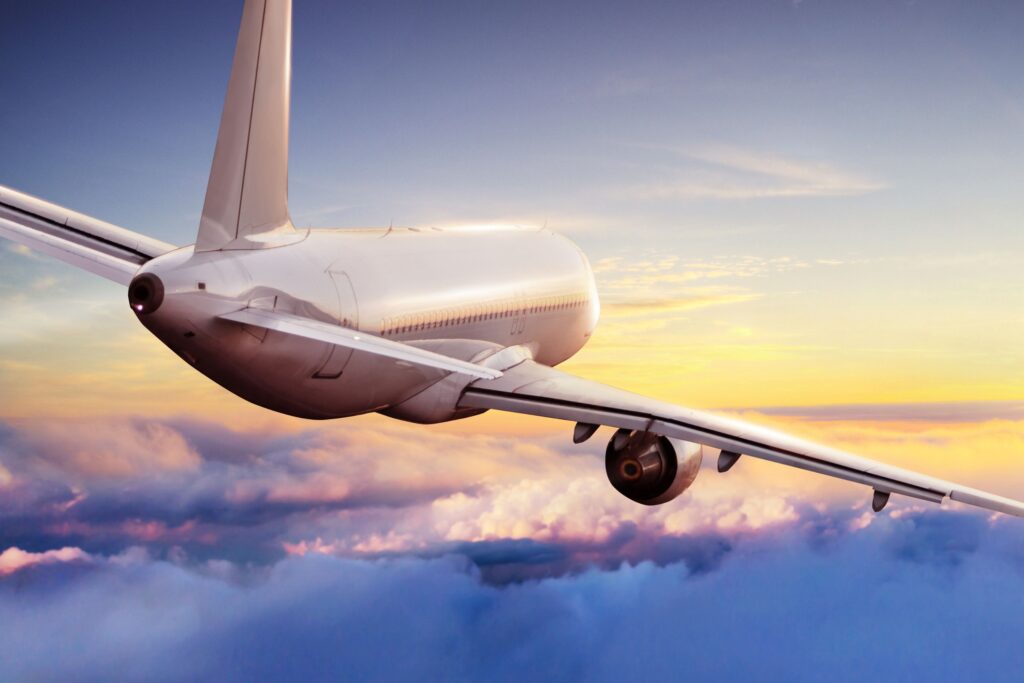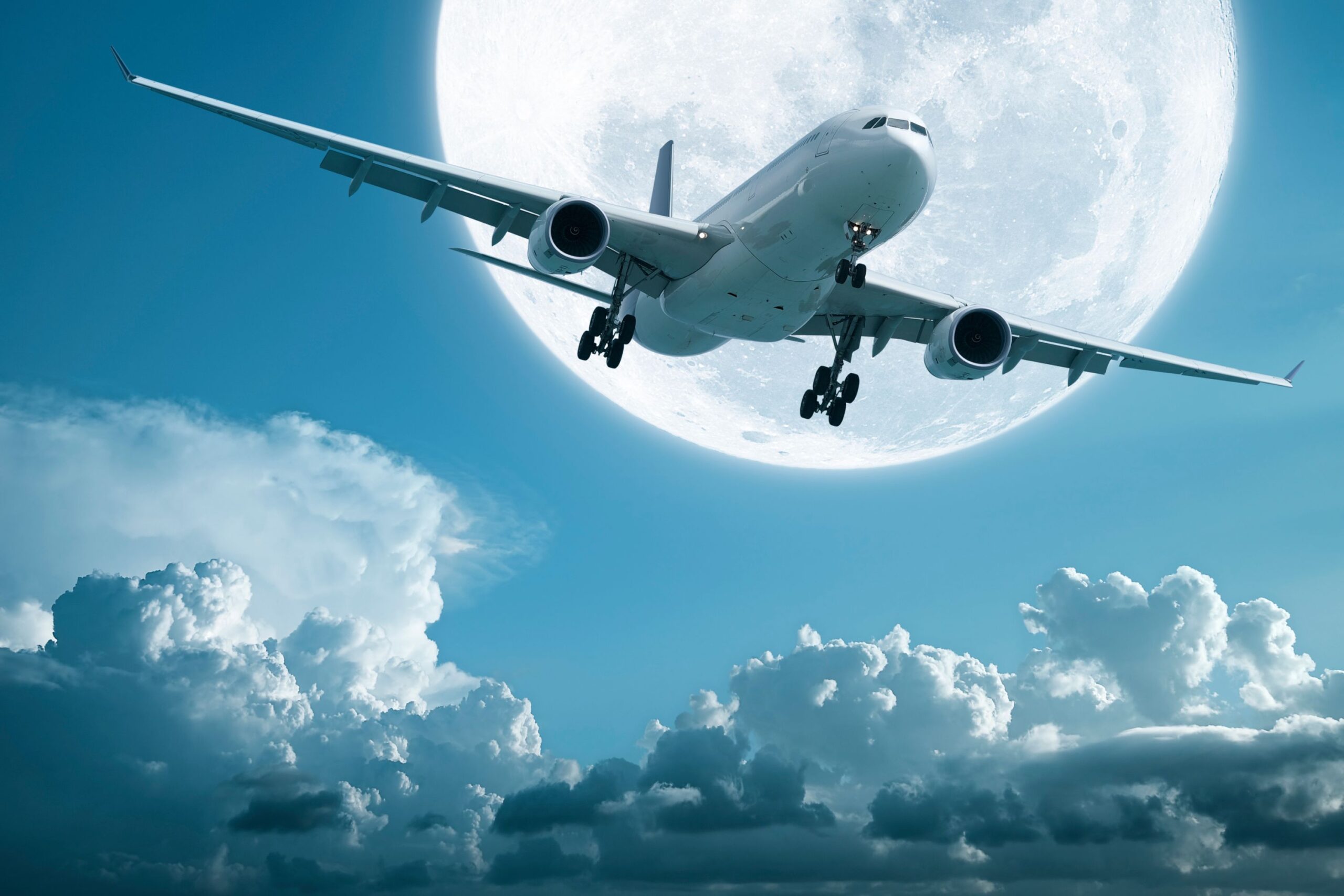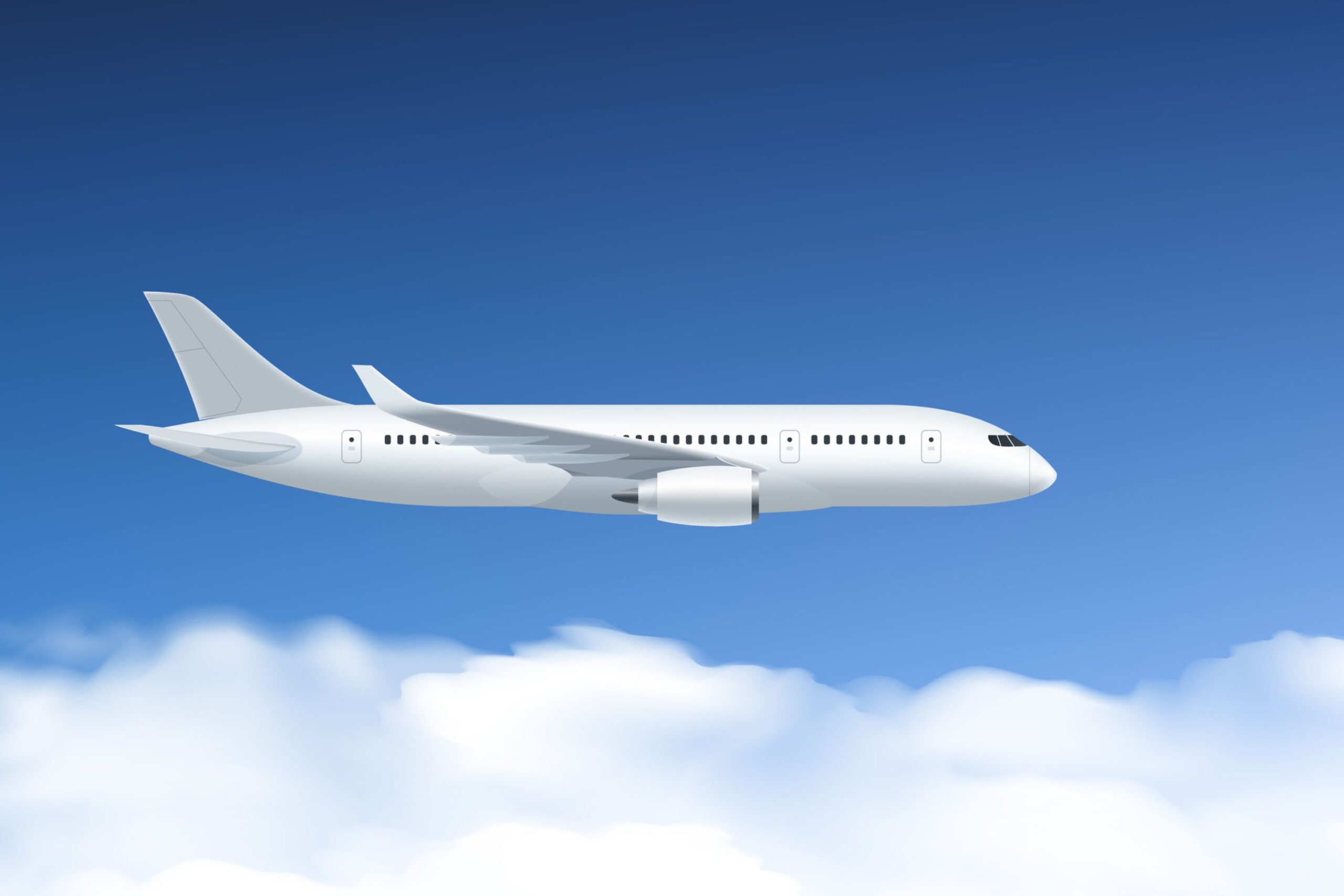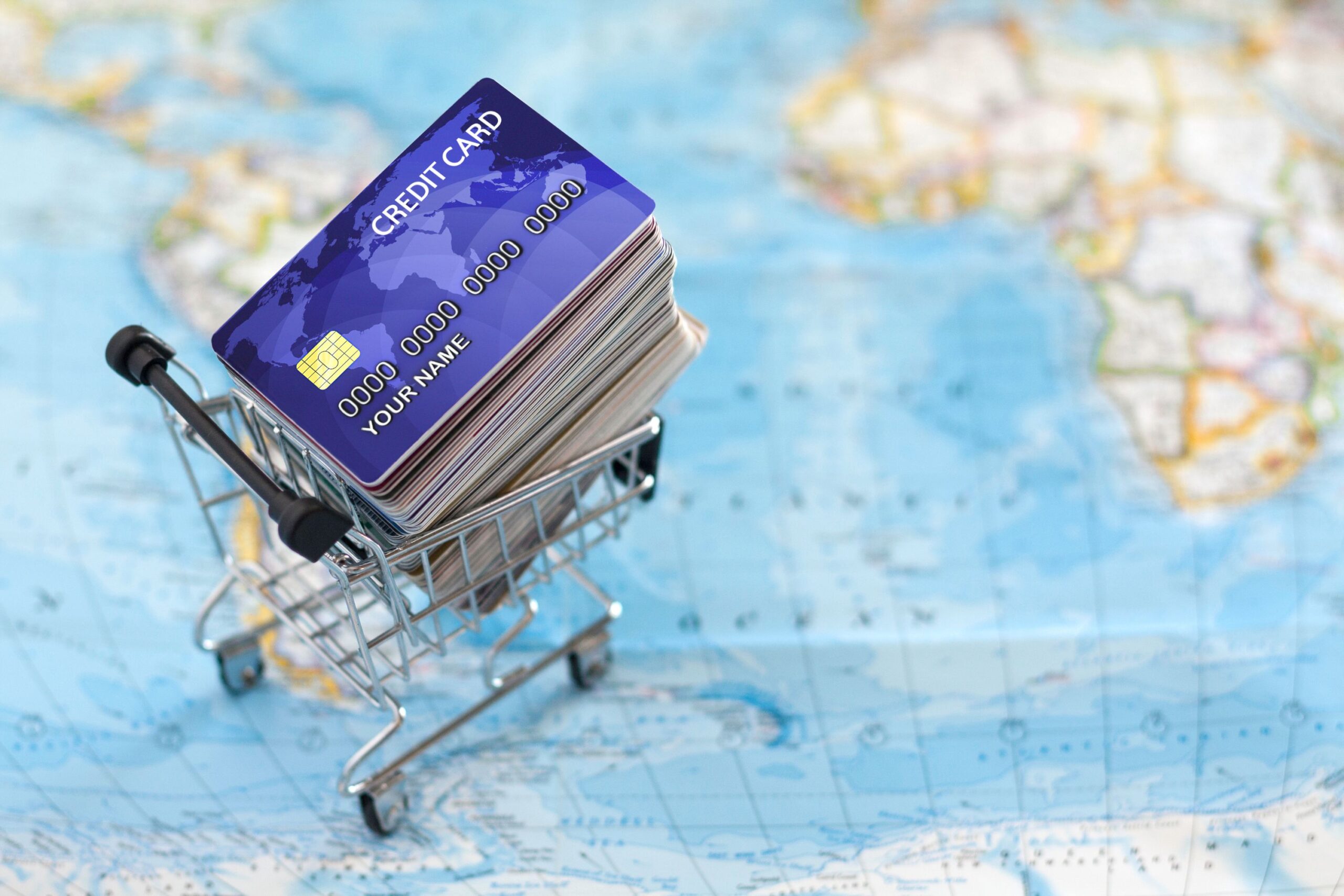There’s something about booking flights that feels a little like solving a puzzle. Every traveler wants that perfect deal, and if you’ve ever searched for airfare, you’ve probably noticed a trend: morning flights tend to be cheaper. But why is that? And, more importantly, how can you use this knowledge to your advantage when planning your next trip?
Let’s break it down together — because understanding why morning flights are cheaper will help you make smarter choices when booking your tickets online.
The Early Bird Advantage: Understanding Flight Pricing
Airlines are in the business of filling every seat they possibly can. And when the sun rises, many seats are still wide open. Early flights, especially those departing before 8:00 a.m., often have lower demand. People don’t love waking up before dawn, battling through groggy eyes, and racing to the airport. That lower demand creates an opportunity for those willing to set their alarm clocks a little earlier.
If you are someone who doesn’t mind a sleepy start, you might score some of the best ticket prices available. Airlines often discount these morning slots simply because fewer travelers want them. When booking flights, checking early morning options can easily shave a significant chunk off your total cost.
Another reason morning flights are cheaper ties into how airlines manage risk. Flights early in the day are less likely to face delays since airports aren’t yet clogged with traffic. A plane taking off at 6:00 a.m. usually departs on time. Fewer delays mean fewer ripple effects across the schedule, saving airlines money — and giving you a smooth travel experience.
Why Airlines Love Selling Morning Flights Early
Airlines don’t just randomly set prices. They utilize complex algorithms that adjust fares based on expected demand, historical patterns, and current booking trends. Morning flights are often cheaper because airlines are trying to “seed” the flight with enough passengers to make it profitable.
If you’re searching for tickets a few months out, you’ll often find that morning flights have lower base fares. This isn’t a mistake. Airlines expect that last-minute travelers, who are willing to pay higher prices, prefer mid-morning or afternoon departures. By discounting morning flights early, airlines ensure that the early slots fill up first, balancing their load throughout the day.
Therefore, to increase your chances of booking cheaper tickets, plan and remain open to early morning departures. It’s one of the simplest strategies for securing the lowest fares without waiting for a flash sale or hoping for last-minute discounts.
The Sleep Trade-Off: Why Morning Flights Stay Less Popular
Let’s be real. The idea of getting up at 3:30 a.m. to make a 6:00 a.m. flight isn’t exactly everyone’s dream scenario. If you’re traveling with kids, juggling luggage, or value your sleep, morning flights may sound like a hassle.
But this reluctance plays straight into your hands when you’re trying to save money. Because many travelers hesitate to book early flights, airlines must keep prices lower to attract buyers. If you are flexible and don’t mind an early start, you’ll often find yourself paying a lot less compared to the traveler who books a convenient 10:30 a.m. departure.
You could think of it like this: airlines are offering a “sleep discount.” You’re trading a little comfort for a bigger savings reward.
And here’s another hidden bonus — morning flights are often smoother experiences overall. Airports are less crowded. Security lines move faster. And because fewer planes are already in the air, air traffic is lighter, leading to fewer delays.
How Booking Morning Flights Impacts Travel Plans
If you’re flying internationally, a morning flight often sets up better layovers and arrival times. For instance, leaving early might mean you land in Europe by evening, giving you time to settle into your hotel, grab dinner, and adjust gently to a new time zone.
When you book afternoon or evening flights, you often arrive groggy and disoriented after a full day of travel. Morning flights flip the experience: they front-load the exhaustion and leave you more awake when you land.
Another tip: if you’re traveling domestically and have meetings, events, or tours planned, an early morning flight often allows you to fit an entire productive day into your schedule. You’ll have fewer worries about missing connections, and you’ll beat the crowds.
So if you need a smooth arrival or want to maximize your first day in a new city, snagging an early morning flight is often the most brilliant move you can make.
Smart Booking Tips for Scoring Cheaper Morning Flights
When you are serious about finding the best prices, flexibility is your most significant advantage.
Here’s what you can do to maximize your savings:
Use Fare Calendars: Instead of locking into a specific day, check flexible date calendars when searching for tickets. You’ll often spot that morning flights are cheaper not only on certain days but also at certain times of the month.
Set Alerts: Many travel apps let you set fare alerts specifically for morning flights. This way, you’ll get a heads-up if prices drop even further.
Book Early: Typically, the most affordable morning flights sell out first. Airlines release their lowest fares early, expecting that savvy travelers will grab them. If you’re planning a trip and spot a cheap early morning flight, it’s best to book flight ticket right away rather than risk missing it.
Stay Open to Nearby Airports: Sometimes flying out of a nearby, smaller airport early in the morning will save you even more. If you are willing to drive a little extra, you might find morning flights at regional airports that cost far less than their big-city counterparts.

Weekday vs. Weekend: Does It Change Morning Flight Prices?
When you are planning your trip, it’s essential to think about which day you’ll be flying. Morning flights are typically cheaper, but the day of the week still significantly influences the price.
If you are booking a flight on a Tuesday, Wednesday, or Saturday morning, you’ll often find the best deals. Why? Because those days see lower overall travel demand. Business travelers usually prefer Monday mornings or Thursday evenings. Leisure travelers frequently fly out on Fridays or Sundays. That leaves a little pocket of cheaper flights for those who don’t mind leaving mid-week.
If you want to stretch your budget further, consider flying on a Wednesday morning. It’s one of the least popular travel days, which keeps fares lower across the board. Plus, airports feel quieter, security lines are shorter, and the whole experience becomes less stressful.
On the other hand, Saturday morning flights can sometimes be the hidden gems of weekend travel. While Sunday mornings are often packed, Saturdays can still offer affordable fares, especially for those returning from short trips and seeking to avoid the heavy traffic that frequently builds up later in the weekend.
Timing Matters Even More for Holiday Travel
Holidays always shake up the standard rules. If you are flying during busy seasons like Christmas, Thanksgiving, or Spring Break, morning flights still tend to be cheaper compared to peak afternoon and evening departures — but prices overall will be higher.
What you need to do here is book even earlier than usual. Airlines are aware that travelers tend to be less flexible around the holidays, so the cheapest morning tickets often sell out quickly. Planning two to three months will give you the best chance of securing reasonable fares.
Another insider tip: if you have to fly close to a holiday, consider picking the actual holiday morning to save even more. Flying out early on Thanksgiving Day or Christmas morning often means huge discounts, simply because most people prefer to arrive before the holiday rather than travel during it.
Preparing for Early Morning Flights
Getting a cheaper ticket is great. But waking up at 3:00 a.m. and rushing to the airport? That takes a little planning. Here’s how to make those early departures feel less painful and a lot more manageable.
Stay Near the Airport: If you’re concerned about traffic or unexpected delays, consider booking a hotel near the airport for the night before your flight. Many airport hotels offer free shuttles starting as early as 4:00 a.m., and this small move can save you a lot of stress.
Pack the Night Before: Sounds obvious, but you’d be surprised how many travelers scramble in the dark trying to find chargers and passports. Having everything packed and ready makes your morning easier, especially when your brain is still waking up.
Check Security Wait Times: Some airports have live updates on security wait times. When you fly early, most security lines are shorter, but it’s still a good idea to check in advance. Allowing yourself extra breathing room will set your trip off on the right foot.
Eat Before You Go: Many airport restaurants don’t open until after 6:00 a.m. or later. Grabbing a quick breakfast at home will save you from feeling hungry and from overpriced snacks at the airport.
Flying early might mean a little less sleep, but when you are organized and ready, it feels surprisingly easy. Plus, nothing beats arriving in a new city and realizing you still have a full day ahead of you.
Why Morning Flights Experience Fewer Delays
If you are tired of flight delays and cancellations, morning flights are your best defense. Here’s why:
Airports operate like a domino effect. A delay on a 10:00 a.m. flight can cause issues for a 2:00 p.m. departure, which then snowballs into evening chaos. But when you are one of the first flights out in the morning, your plane is already at the airport, prepped and ready. There’s no waiting for an incoming aircraft, no compounding weather delays, and no crowded runways.
In short, morning flights have a cleaner slate. If you value reliability and punctuality, an early departure is the most sensible choice. You’ll start your day ahead of schedule, instead of waiting in a crowded terminal listening to endless gate change announcements.
When you think about the actual cost of travel, not just in dollars, but in time and stress, morning flights often end up being worth even more than the savings you find on your ticket.
How Airport Operations Influence Morning Flight Costs
If you ever wondered why morning flights are cheaper, you also have to think about how airports function behind the scenes. In the early hours, airports are at their most efficient. Runways are clear. Air traffic controllers face fewer incoming and outgoing planes. Everything runs smoother — and faster.
This smoother flow is not just good news for travelers; it’s also good news for airlines. When you are one of the first planes off the ground, you’re less likely to get stuck in long queues or miss connecting flights. Airlines avoid extra costs related to delays, customer rebookings, and compensation claims.
Because of these savings, airlines are more willing to offer better prices on early flights. In a way, they pass that efficiency back to you through cheaper fares.
If you are planning a trip that involves tight connections or a tight schedule, you’ll thank yourself later for choosing an early morning flight. Your odds of a hassle-free journey go way up when you leave before the day’s delays start stacking up.
Airlines Incentivize Early Travel for Strategic Reasons
Morning flights don’t just cost less because people dislike early alarms. Airlines want to encourage early travel for strategic reasons.
Planes sitting idle at airports don’t make money. An aircraft that starts flying early in the morning can complete more routes during the day. If you are booking flights online, you might notice that certain low-cost carriers are particularly aggressive with early flight deals. They rely on quick turnarounds and tight schedules to stay profitable.
For these airlines, filling the first flights of the day ensures maximum utilization of their fleet. In a business where margins are razor-thin, getting a few more hours out of a plane every day makes a huge difference.
So if you are flexible enough to catch that 6:00 a.m. departure, you are helping the airline stay efficient, and they reward you with lower fares.
Common Misconceptions About Morning Flights
Some travelers believe that morning flights always result in terrible experiences — tired staff, poor service, and sleepy airports. But if you are willing to look past the early alarm, you’ll often find the opposite is true.
Airport crews are fresh and ready. Pilots are starting their day with a full night’s rest. Planes have usually been cleaned overnight. Ground operations are moving efficiently without the midday or evening crowds slowing everything down.
When you are boarding that early flight, you are catching airports and airlines at their best, not their worst.
If you are someone who values a calm, smooth journey, morning flights deliver something money can’t always buy: a peaceful start to your trip.
How Seasons and Destinations Impact Morning Flight Prices
When searching for affordable morning flights, another factor to consider is the seasonality of the flights. Seasons influence ticket prices in a big way — and morning flights are no exception.
If you are flying during off-peak seasons, like late January, early February, or late September, you’ll often see morning flights priced even lower than usual. During these quieter travel periods, airlines must work harder to fill their planes, especially at less convenient times, such as early mornings.
But when you are traveling during peak seasons — summer vacations, winter holidays, spring break — prices for every flight time rise. Even morning flights, which are usually cheaper, can be affected by the surge. That said, they still typically stay a little lower than afternoon and evening options, so it’s still a smart move to book early if you are flying during these busy times.
Your destination also plays a role. When flying to major hubs like New York, London, or Paris, there are typically more flights scheduled throughout the day. That means more chances to find cheap early options. But if you are headed to a smaller regional airport, morning flights might be fewer, and they might sell out faster because locals know that the first flight out is the most reliable one.
If your trip is flexible, you can save extra by choosing off-peak months and larger airports, combining the best factors to score the lowest fares.
Why Morning Flights Are a Secret Weapon for Long-Haul Travelers
When traveling long-haul, crossing multiple time zones, or flying internationally, morning flights offer some significant advantages that you may not have considered.
First, if you fly out early, you can connect through major hubs during less crowded times. If you are changing planes in busy airports like Chicago O’Hare, Atlanta, or Heathrow, morning connections are usually smoother and faster.
Second, early departures often mean earlier arrivals at your final destination. If you are flying eastbound, this can help you adjust to the new time zone faster. Arriving in the afternoon or evening allows you to stay awake until local bedtime, thereby reducing the effects of jet lag.
And third, if you are traveling with a lot of luggage or need special assistance, the morning airport staff are typically less overwhelmed. You get fresher service, shorter waits, and fewer headaches.
What you can do, if you are booking long-haul, is look for morning departures that offer good layover times — enough to move between gates comfortably, but not so long that you’re stuck in a terminal for hours.
Planning smartly around morning flights on long-haul routes often means you’ll start and end your trip feeling a lot more human.
Morning Flight Tricks, Frequent Flyers Recommend
People who fly frequently have their own set of strategies for dealing with early flights — and saving money in the process.
If you are traveling often, here’s what experienced flyers recommend:
Set Multiple Alarms: It sounds simple, but when you have a flight before sunrise, missing it because you slept through your alarm is a real risk. Frequent flyers always set a backup.
Check-In Online Early: When you check in online the day before, you’ll spend less time at the airport. It also helps you spot any last-minute gate changes or early boarding announcements.
Plan for Parking: If you are driving to the airport, ensure you know exactly where to park and how the shuttle schedules operate early in the morning. The last thing you need is an unexpected parking delay cutting it too close for comfort.
Charge All Devices: Boarding passes, gate info, and updates — they’re all digital now. Charging your phone, tablet, and backup battery fully the night before is one of the smartest things you can do.
If you treat morning flights like a small mission, with a bit of prep and a lot of coffee, they often end up being the smoothest travel experience you’ll ever have.
Final Thoughts on Why Morning Flights Are Cheaper
When booking your next trip, considering flight timing can make a significant difference — not just to your wallet, but to your entire travel experience.
Morning flights are generally cheaper for several reasons: fewer people prefer to fly early, airlines aim to maximize aircraft utilization, and early flights tend to run more smoothly without the traffic and delays that often occur later in the day.
If you are flexible enough to embrace a minor early-morning inconvenience, you’ll often find the rewards far outweigh the downsides. Lower ticket prices, faster security lines, more reliable departure times — it all adds up to a travel day that starts on the right foot.
To make the most of your experience, consider the following key tips: book early, remain flexible with your dates, and prepare in advance for the early start. Once you incorporate these habits into your travel planning, saving money on flights will become easier.
And if you’re considering booking a long-haul trip or flying during peak season, morning flights may still be your best option to keep costs manageable and minimize travel stress.
Traveling smart is just about knowing the patterns, and now you know one of the most valuable ones. So the next time you’re hunting for deals, don’t shy away from that 6:00 a.m. departure. It might just be the start of your smoothest, smartest trip yet.
FAQs
Are morning flights always cheaper than evening flights?
Morning flights are usually cheaper because fewer people want to travel early, so airlines lower prices to fill their seats more quickly.
What time is considered a morning flight?
Morning flights typically depart between 5:00 a.m. and 9:00 a.m., when airports are less congested, resulting in smoother operations and lower fares.
Why are early flights less likely to be delayed?
Early flights are less likely to be delayed because planes are already at the airport overnight, and morning skies tend to have fewer traffic and weather issues.
How far in advance should I book a morning flight to get the best price?
Booking 1 to 3 months ahead helps you catch morning flight deals before demand rises, especially for popular routes and busy seasons.
Is it better to take a morning flight for international travel?
Morning flights are preferable for international trips because they enable smoother layovers, faster arrivals, and a more seamless time zone adjustment.
What are the downsides of booking a morning flight?
Morning flights require waking up very early, which can be tiring, and you may need to stay near the airport to avoid missing your departure.
Do airlines offer more discounts for morning flights during holidays?
Yes, because flights on holiday mornings have lower demand, airlines often discount these early departures to fill remaining seats.




